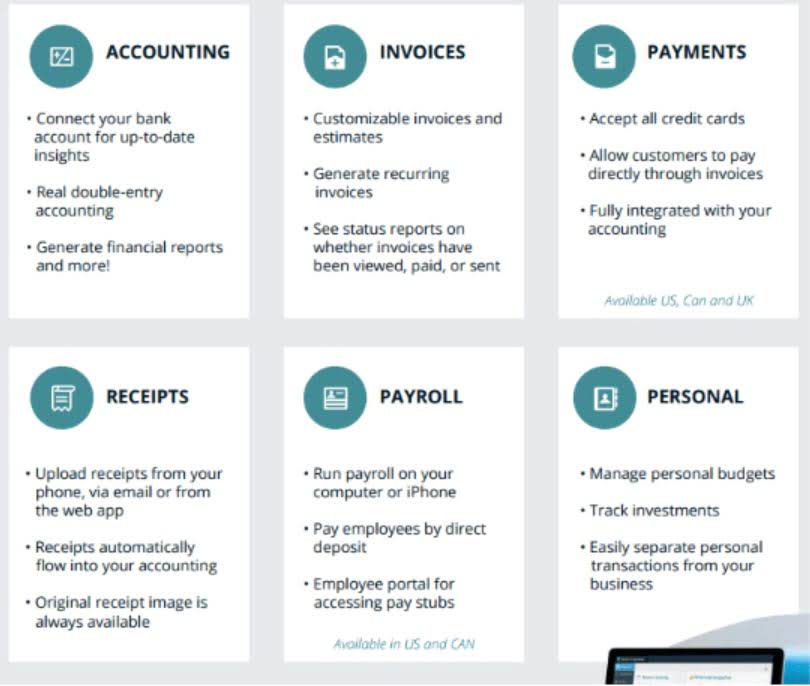
It involves managing the payment of wages, salaries, and benefits to employees working on the project. However, payroll management in the construction industry comes with its own set of challenges. Moreover, efficient payroll processing is crucial for maintaining compliance with various labor laws and regulations. Construction projects often involve a diverse workforce, including employees, subcontractors, and temporary workers.
Benefits of Cloud-Based Payroll Solutions for Construction
Knowing when payroll needs to be processed and funds need to be available allows businesses to manage their cash flow effectively and avoid any potential cash shortages. With all the necessary information readily available in one place, payroll administrators don’t need to waste time searching for data across various systems or departments. Fortunately, however, software and technology tools can help you improve your construction business stability and longevity through streamlined payroll innovation.
- Another challenge in construction payroll processing is dealing with complex wage calculations.
- As these technologies continue to evolve and mature, construction companies that embrace these innovations will be well-positioned to achieve greater operational efficiency, compliance, and competitive advantage.
- In the construction industry, payroll management plays a crucial role in keeping the project running smoothly.
- Inaccurate payroll management can strain these relationships, leading to delays, disputes, and potential legal actions.
- It’s easier to manage your accounting when you know exactly when invoices are sent out and when to expect payments to be received.
Selecting the Right Payroll Software for Your Construction Business
- By automating certain tasks and centralizing employee data and documentation, you can improve accuracy and efficiency.
- This comprehensive checklist is designed to guide construction businesses through the key stages of the transition, ensuring a smooth and effective implementation.
- This glossary compiles key terms and phrases commonly encountered in payroll management within the construction industry, providing clear definitions to enhance understanding and communication.
- Streamlining Human Resources (HR) and payroll operations is more than a mere efficiency upgrade; it’s a strategic necessity.
- Many businesses overlook the importance of this cog in the corporate machine, and they find themselves in a cobweb of inadvertent issues, such as non-compliance, disgruntled employees, and needless financial losses.
From complex regulations to diverse workforce requirements, construction companies face a variety of hurdles in ensuring accurate and timely payments for their employees. Efficient payroll processes play a vital role in the success of the construction industry. With its dynamic workforce, complex regulations and project-specific requirements, managing payroll can be a daunting task. In the dynamic landscape of the construction industry, efficient accounting processes are essential for maintaining profitability, ensuring compliance, and driving growth. Streamlining construction accounting processes optimises financial operations and enables construction firms to allocate resources more effectively, mitigate risks, and seize opportunities.
Tip #3: Train Your Employees

It’s a time-honored agreement between employer and employee that exchanges honest work for honest pay. It means going through each employee’s records with a fine-tooth comb, looking for any discrepancies or errors. https://www.bookstime.com/ It means comparing the payroll records to the financial records to make sure that everything adds up. Clear communication of payroll policies and procedures is essential to avoid confusion and disputes.
In many cases, the contractor can receive an incentive for completing the work before the deadline, but also penalties for going over the deadline. Fixed price billing can be billed payroll for construction companies at the beginning (also known as advanced billing) or end of the project. There are multiple ways you can bill for construction, but these are the four most common types.

AIA billing uses forms G702 and G703 to provide detailed information about the progress on a job, making it a method of progress billing. Removing the friction from paying their bills, increases the chances of you getting your payments faster. When you submit your invoices via email, your clients will receive them immediately when they check their inbox. If there is a dispute over an invoice item, it’s easier and faster to resolve using technology.
Tip #9: Cross-Train your Payroll Staff
Tip #2: Centralize Employee Information
- When selecting a payroll software solution, construction businesses should thoroughly evaluate their specific needs against these factors and consider both the short-term and long-term implications of their choice.
- For example, the efficient payroll solutions for Asia Pacific may not be the same as those for North America.
- This is particularly beneficial for construction companies with multiple job sites or remote workers.
- When staff members are versatile and skilled in multiple areas, the organization may not need to hire additional specialized personnel, saving recruitment and training expenses.
- Consider partnering with a payroll provider or tax expert who can help navigate complex tax laws and ensure that your payroll processes remain compliant.
- However, cost-plus billing does help in cases of price fluctuation so you are covered in case materials/supplies increase in price.